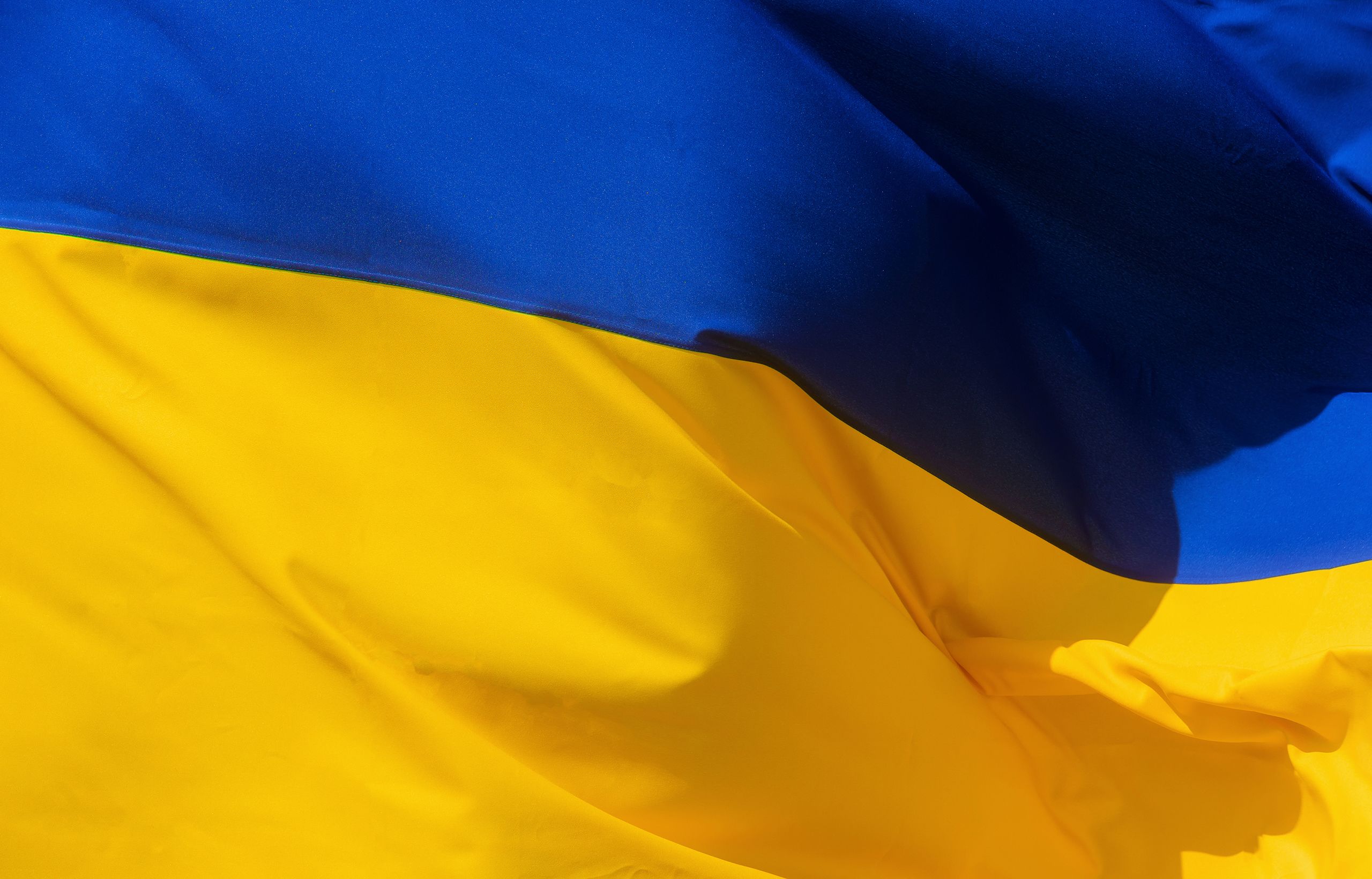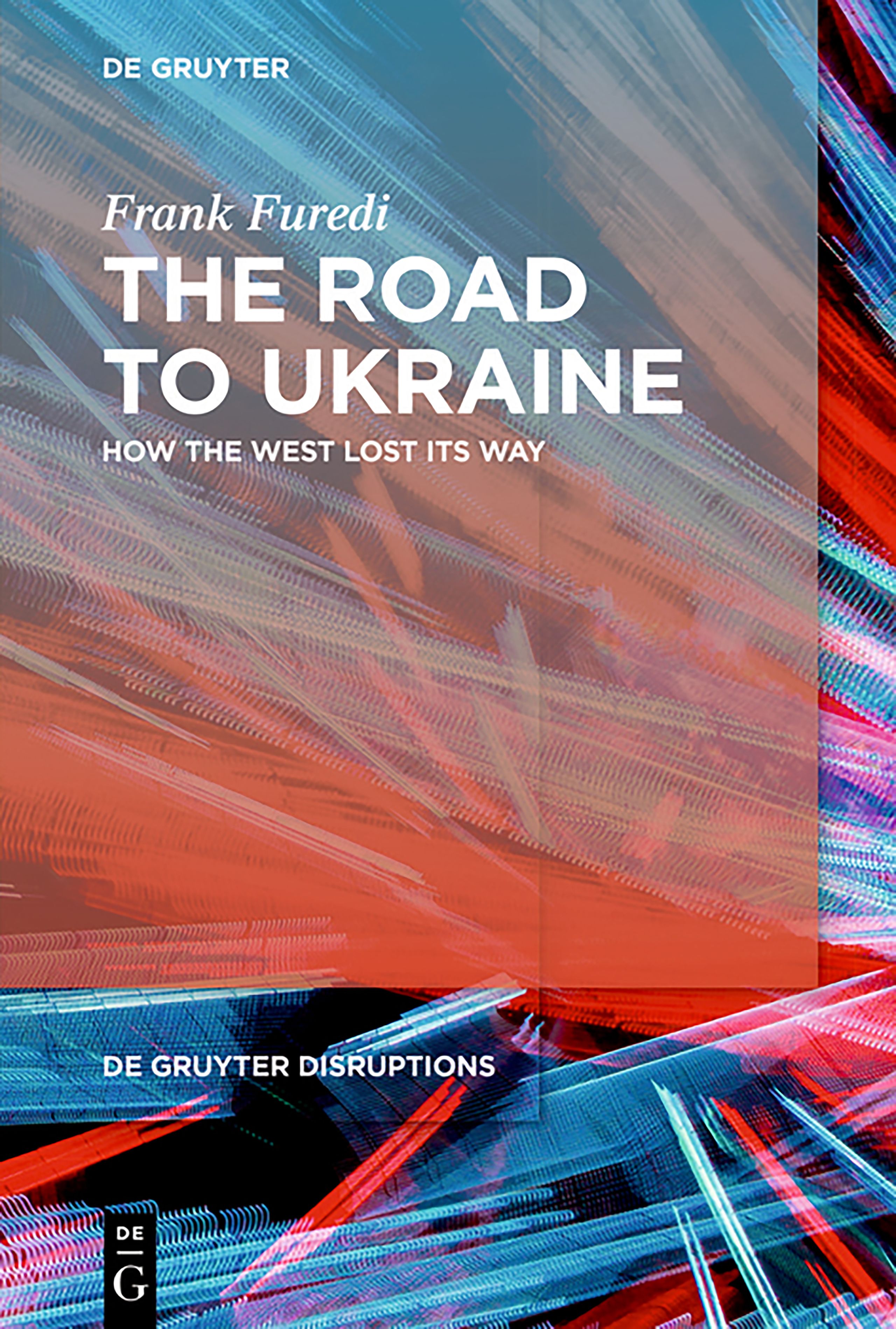The Road to Ukraine
In his latest book, Professor Frank Furedi
discusses how the West lost its way

Why am I not surprised to hear that officials at British Foreign Office have raised concerns about the lack of Mandarin speakers on its staff?[i] Because in recent years I have met far too many individuals working in the field of foreign affairs who are quite open about their lack of language skills. Unlike professional diplomats in the past who were often multi-lingual and sometimes possessed a serious grasp of foreign languages, many of the current cohort are forced to rely on Google-translate for their work.
During the course of doing research for my book, The Road To Ukraine: How The West Lost Its Way, I could not help but become concerned about an apparent de-professionalisation of western diplomacy. Despite protests to the contrary and the claim that the West had excellent intelligence about Russia’s intentions, it is evident that the invasion of Ukraine caught foreign affairs experts in the West unaware.
The problem is not simply that western diplomacy keeps getting caught short in a variety of settings – Afghanistan, Ukraine – but also its lack of mastery of the art of diplomacy. Nancy Pelosi’s recent visit to Taiwan is paradigmatic in this respect. It illustrates that senior American politicians cannot distinguish between showcasing in their home state in a primary election and adopting a form of behaviour on the world stage that is likely to enrage a nation that represents the greatest security challenge to Washington. Aside from raising tensions with China at a time when America is already involved in a conflict with Russia, Pelosi’s provocative adventure exposed the vulnerabilities of the President of the United States. Biden publicly acknowledged that the US military felt that the trip was “not a good idea right now” but he lacked the will or the clout to prevent Pelosi from fuelling tensions with China[ii]. In the meantime, senior officials at the State Department appeared to have gone on a protracted away-day.
Now that China has expanded its influence into the South Pacific the pre-existing balance of power has been called into question.
The fact that many Western nations have become estranged from the art of geopolitics is strikingly illustrated by recent events in the South Pacific, where both Australia and the United States were badly caught off guard by China’s recent expansion into the Solomon Islands.
While Australia and the United States slept, China succeeded in signing a comprehensive defence pact with the Solomon Islands. The pact, which was announced in April represents a major diplomatic coup for China. Until recently the United States, Australia and New Zealand have exercised a dominant influence in this resource rich part of the Pacific. Now that China has expanded its influence into the South Pacific the pre-existing balance of power has been called into question.
One reason why Western diplomacy appears to have lost its way is because of the numerous reforms that have been introduced in different foreign services. This can explain why for the first time French diplomats went on strike back in June this year [iii]. They reacted against French President Macron’s plan to change the structure of diplomatic careers. Instead of serving as professional diplomats they would be expected to become civil servants who would no longer be attached to a specific office. Protesting diplomats have denounced this plan on the ground that it would mean ‘the end of French diplomacy.’
In the Anglo-American realm of geo-politics, techniques of change management encourage a new form of diplomacy, one that is more harmonious with the practices of private organisations or large non-governmental organisations than with an institution of a state devoted to the pursuit of national interest. As one advocate of the new ‘knowledge diplomacy’ explained:
Contemporary diplomacy is changing at an unprecedented pace and is characterised by new actors, new issues and new functions. The shift from a state-based approach, typically centred on the role of ministries of foreign affairs and professional diplomats, to a multi-actor approach is a hallmark of the current changes.[iv]
The downgrading of the status of the professional diplomat along with a shift away from a ‘state-based approach’ has important implications for the conduct of foreign affairs. Within these departments dealing with foreign affairs, the proportion of professional diplomats has decreased while the number of technocratically minded bureaucrats have increased.
The Western Foreign Policy Establishment – along with other members of the political establishment – have embraced an outlook that attaches a diminishing significance to the nation state. In their world view the term national interest has a fuzzy and diffuse quality and they regard geopolitics as an old-fashioned concept.
Many officials working for the American State Department or the British Foreign Office regard the concept of national interest as a very Brexit like, outdated populist concept. These officials are sometimes embarrassed by any manifestation of patriotism. They are often more focused on combatting human trafficking, fighting global poverty, promoting the human rights of sexual minorities in the Middle East than with upholding the interests of their own nations. Critics of the valuing of national interest claim that an assertion of national interest may be used to justify aggression[v]. As far as they are concerned, ‘global solidarity’, multilateralism and international law are morally superior to what they represent as the narrow-minded and selfish content of national interest.
The war in Ukraine serves as a timely reminder that geopolitics matters and that professional diplomats have crucial role to play in the management of inter-state competition and conflict. Ukraine may serve as a wake-up call. But we know that in many instances our response to the ringing of an alarm call is turn it off, roll over and go back to sleep.

Frank Furedi’s
The Road To Ukraine;
How The West Lost Its Way
is published by De Gruyter next month.

